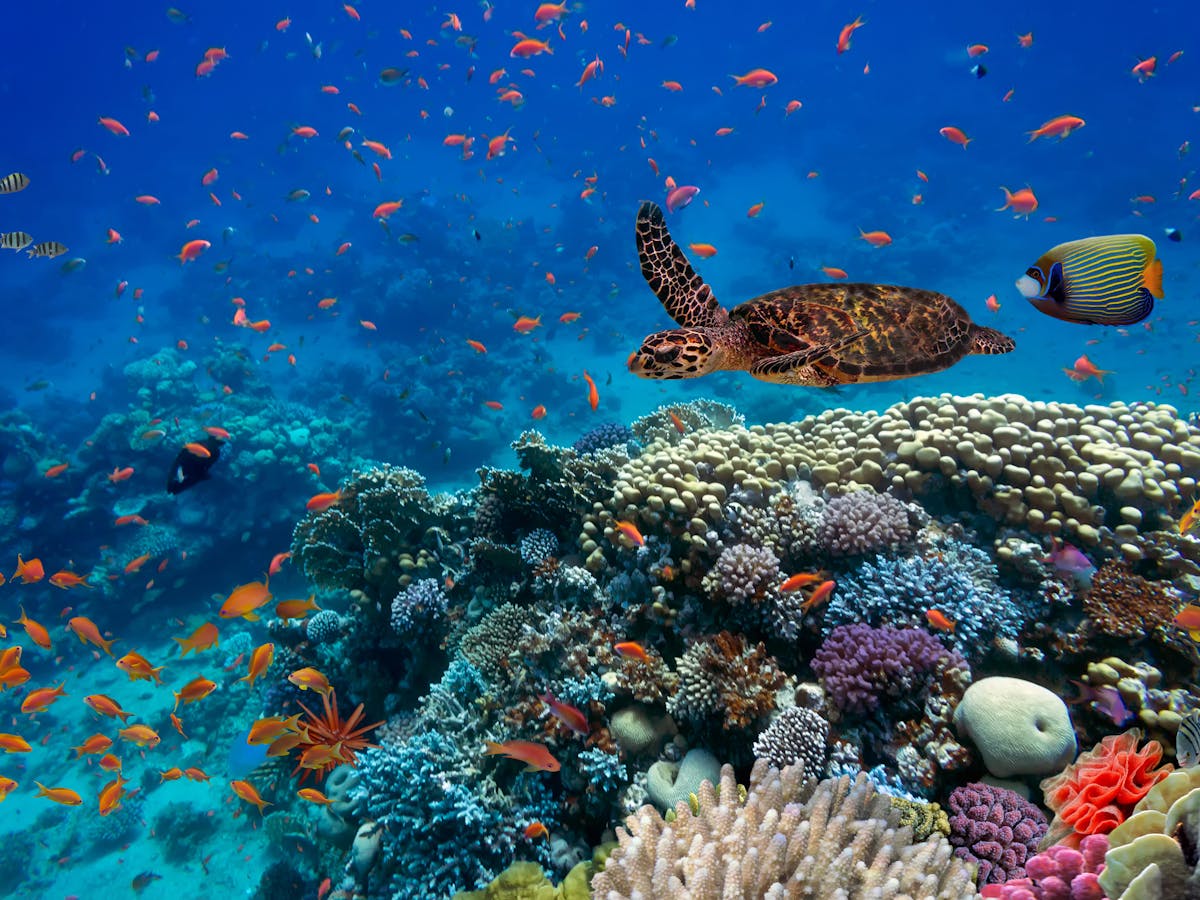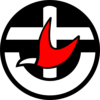
The Season of Creation focus this week is on ecology (oikologia, literally study of the house). As a scientific discipline, ecology explores the relationships and connections between living organisms – including humans – and their physical environment. Humanity of course has significantly altered the environment of many creatures through agriculture, forestry, commercial scale fishing and creeping urbanisation. Many species are under threat as their habitat shrinks or is destroyed. Other species are struggling to adapt to climate change (e.g. the coral reefs of the world as the ocean warms).
English poet and Dean of St Pauls cathedral, John Donne, famously wrote that ‘no man is an island, entire of itself’. He was speaking of the deep connections between all of humanity, so that the suffering or death of even a single person affects the whole. Likewise there are deep and sometimes mysterious connections and inter-dependence between all living creatures. As part of the created order, and especially given our call to care for creation, humanity is integrally connected with the health and well-being of all creation.
If we are to turn around the widespread threats facing the planet, we need wisdom as well as the will to act. The book of Proverbs suggests that God is ultimately the source of true wisdom, but there is much to be gained from close observation of how various creatures live and co-operate. There is also much wisdom to be gained from listening to indigenous people who have cared for creation for millennia. They would tell us to listen to creation itself and to respect our plant and animal neighbours with whom we share the earth. Covid has given us the time and space to slow down and explore the environment close to where we live. What are we seeing? What are we hearing? What wisdom are we discerning?
